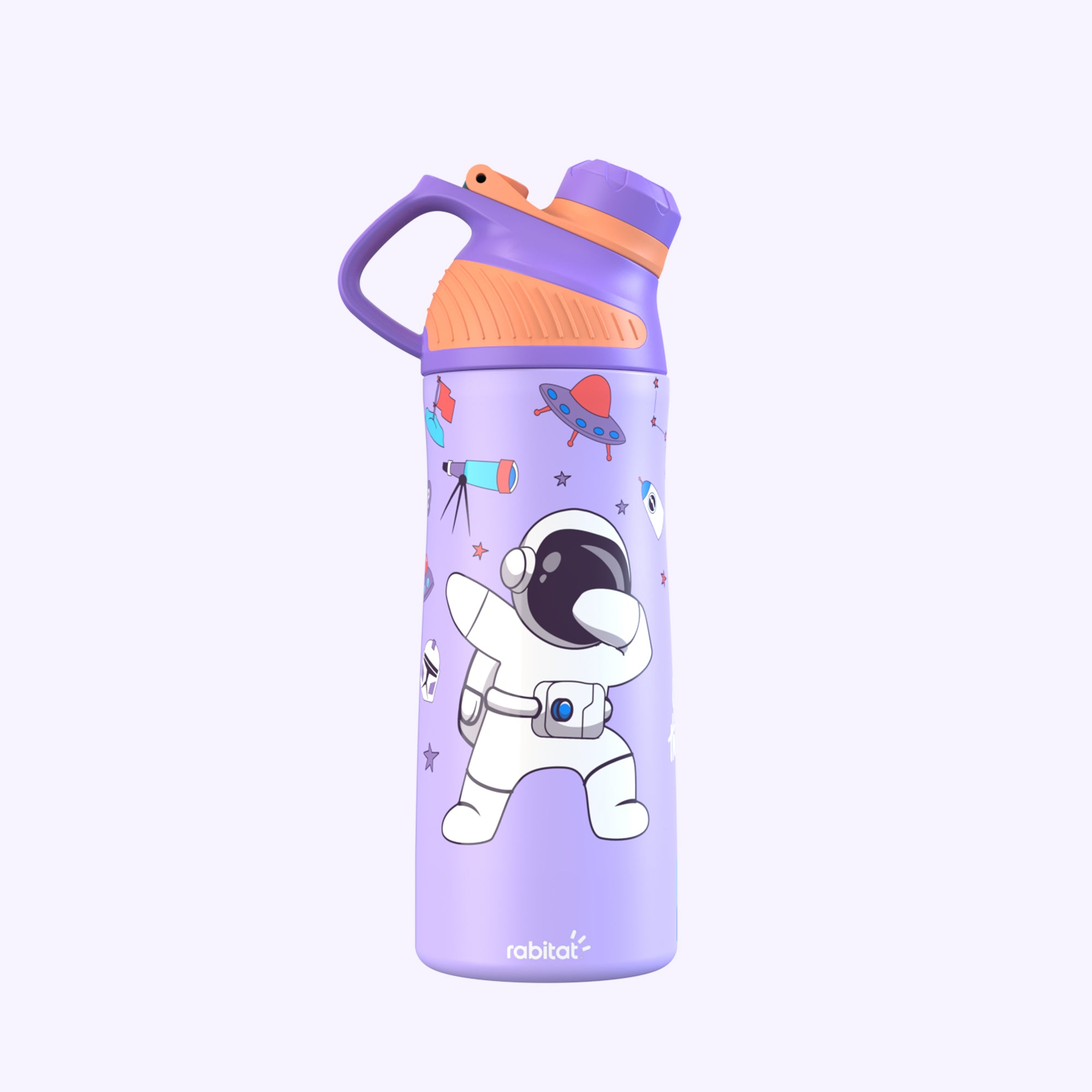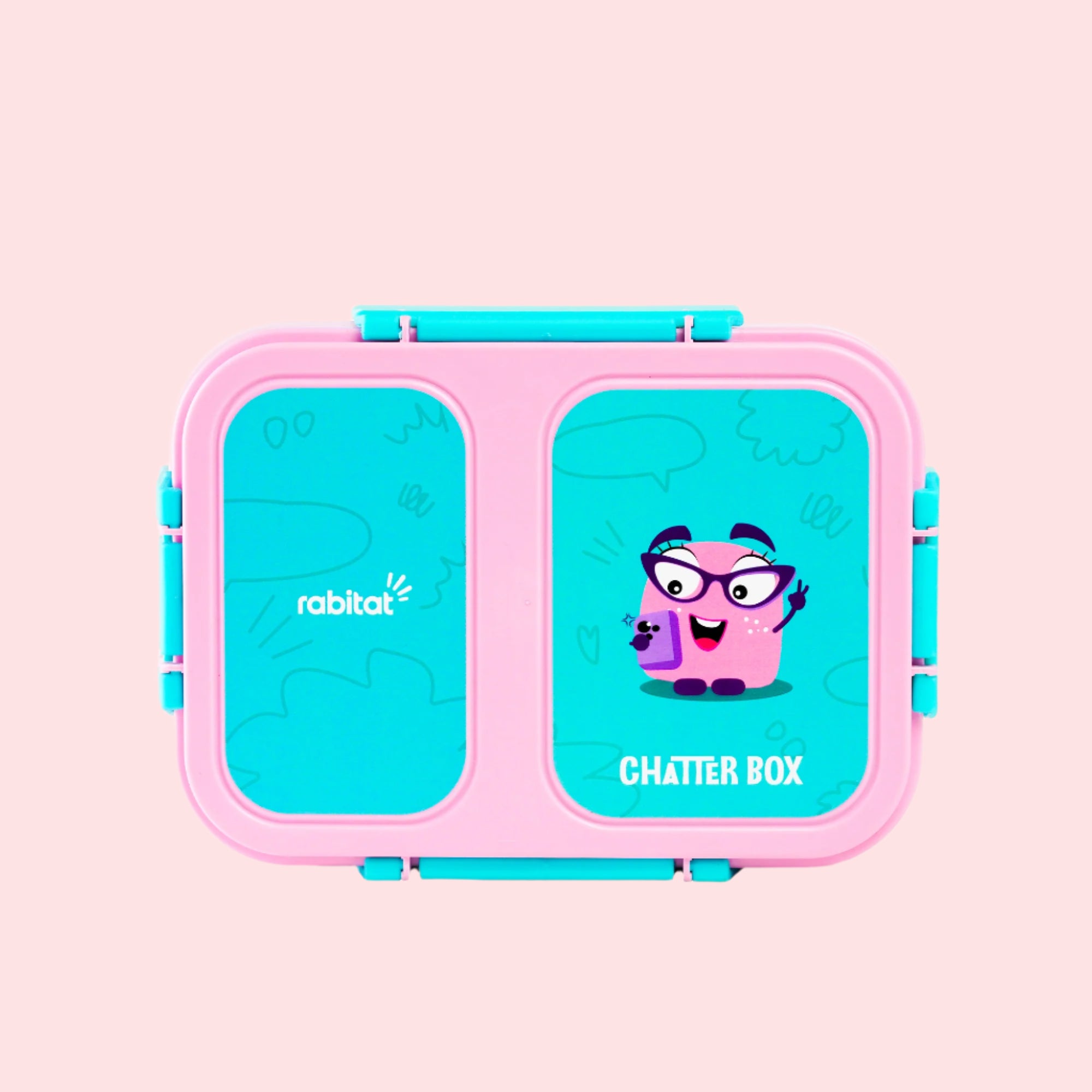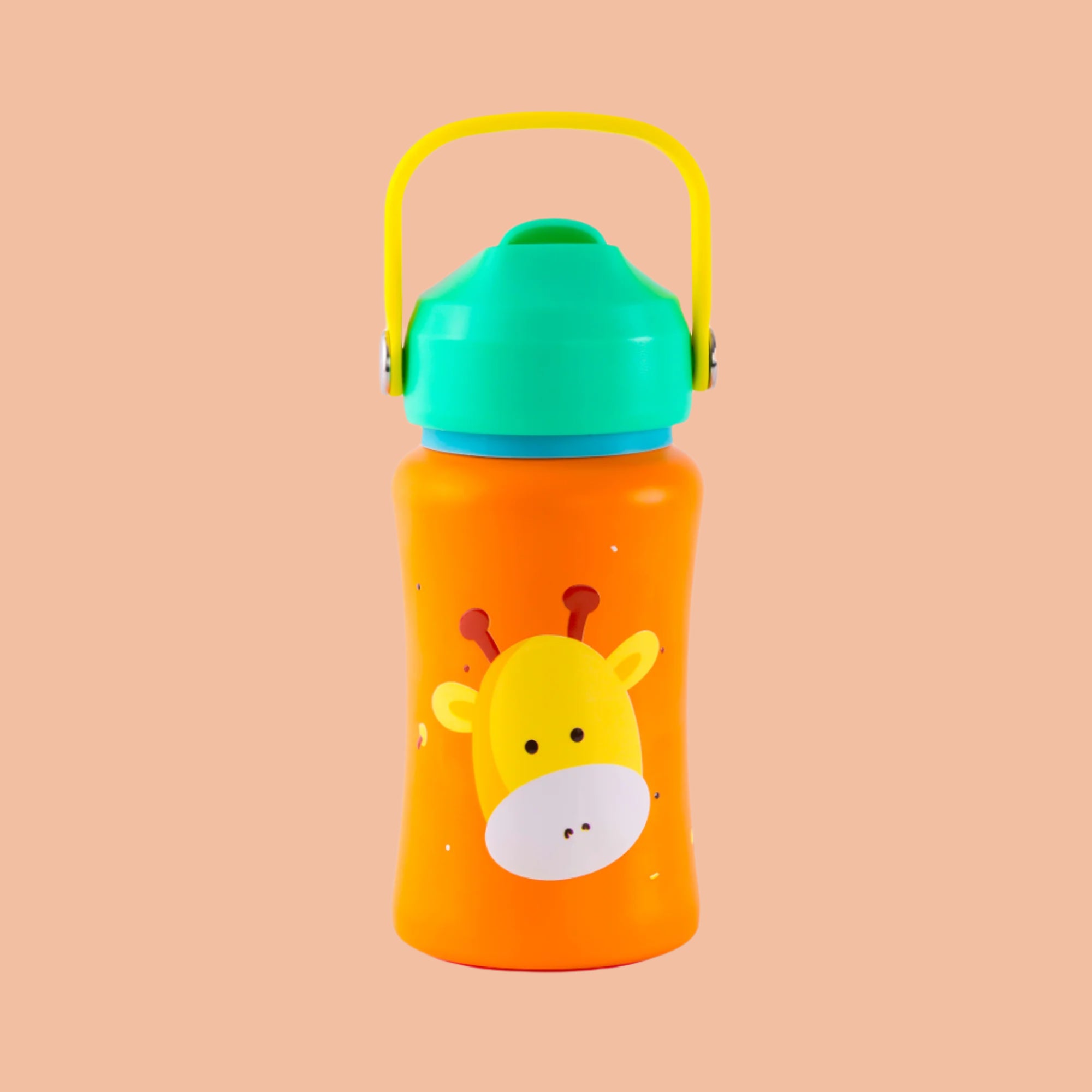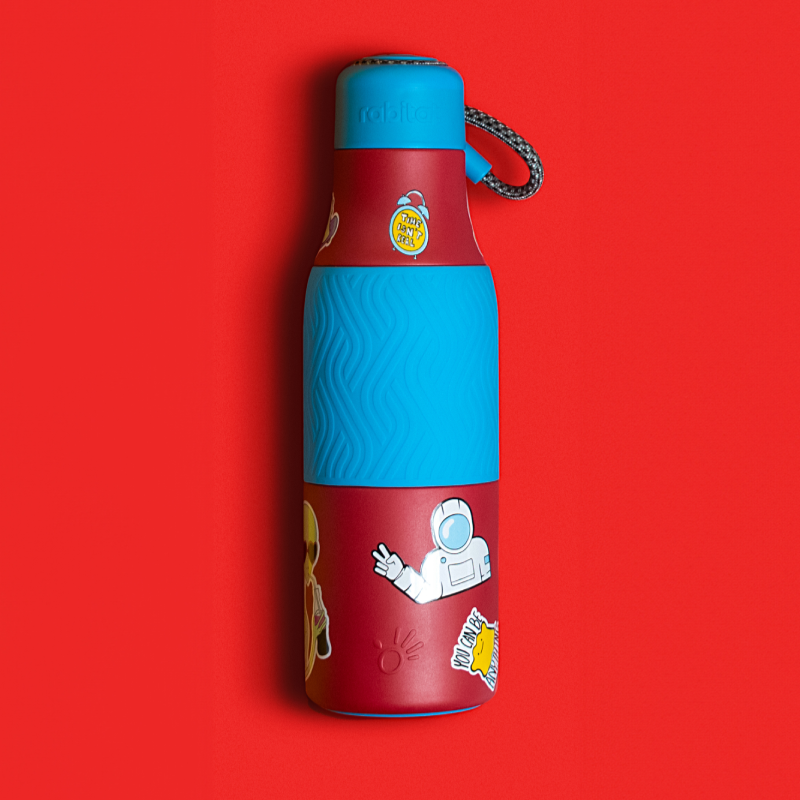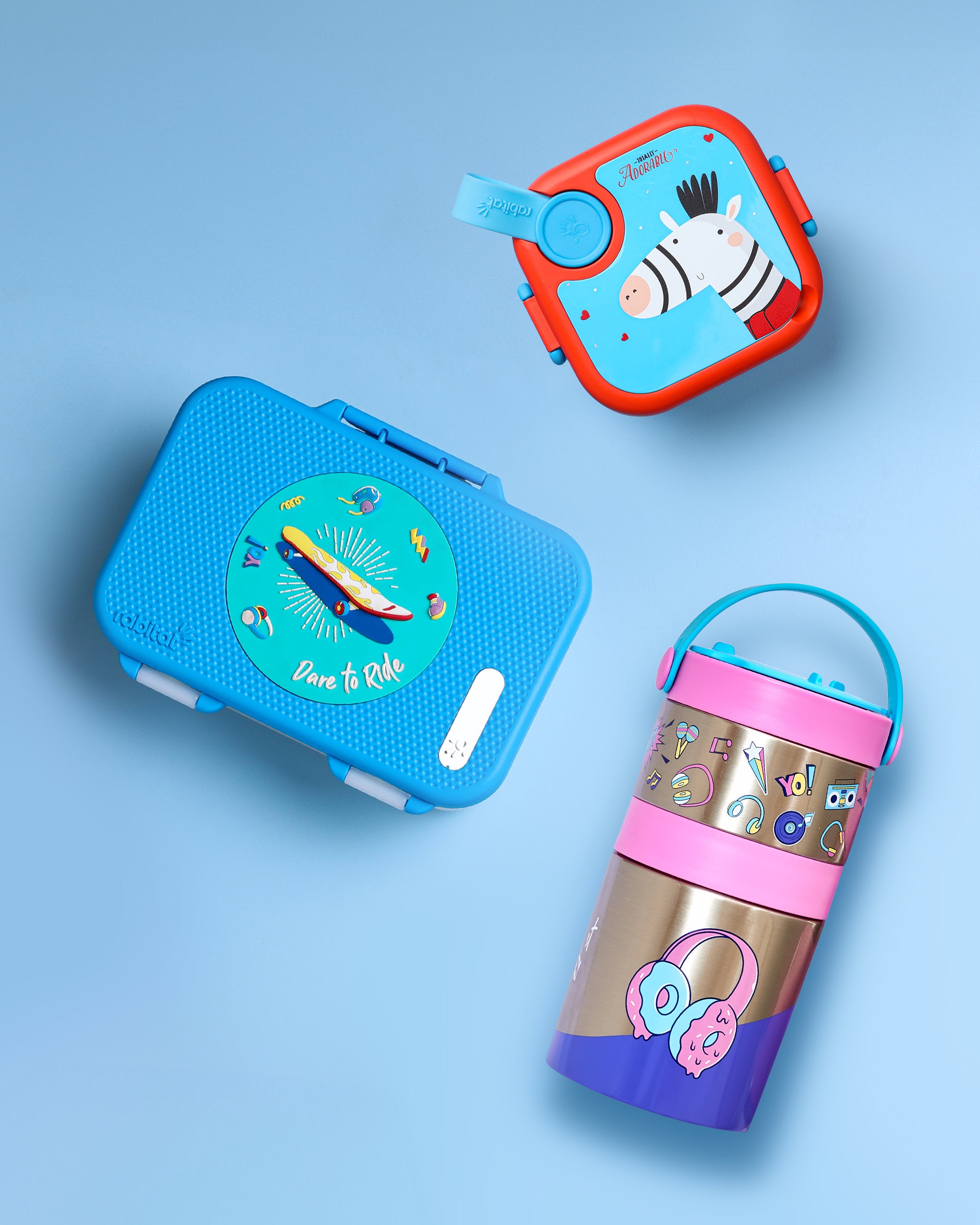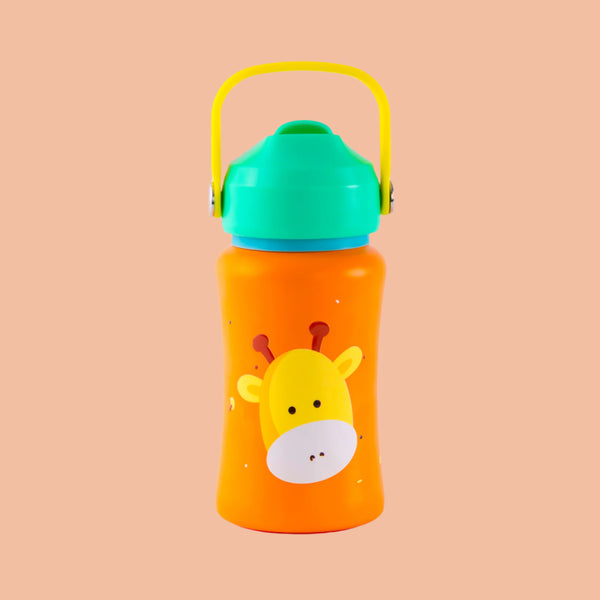Pregnancy brings along with itself a stream of emotions; emotions of joy, bliss, fulfillness, thrill, achievement, satisfaction and fear. Although fear isn’t the first emotion that many of us have, it develops and grows, as do all the other emotions.
“Will I be a good mother?”
“Will my child be healthy?”
“Am I eating well enough?”
“Is my baby getting enough nutrition?”
“When will my baby kick for the first time”
“Will I be able to lose all the weight I’m putting on?”
And then begins the influx of miscellaneous information. We find our ears opening to tonnes of advice from our loved ones! Although not paying attention to it was the agenda earlier.
We at Rabitat understand how important it is for your concerns to be addressed. We know how much you care for the well-being of your fetus and your own body. So, we got in touch with clinical nutritionist Dr. Ishi Khosla, who is also an entrepreneur, columnist, author, researcher, welfare worker, and the founder of a unique score-based nutrition monitor app - theweightmonitor.com. We asked her some questions that are mostly left unanswered. Without any further ado, let’s get talking!
Top Pregnancy-Related FAQs and their Expert Answers
FAQS About Eating Right During Pregnancy
1. How much does one need to eat during pregnancy?
Should expecting mothers eat for two?
Contrary to popular belief, expecting mothers don’t need to eat for two.
Dr. Khosla explains that it is really not like that, what matters is what you’re eating. There isn’t a profound increase in the caloric requirements in the first three months, and therefore, the weight gain is also very minimal. The need for calories, however, goes up after the second trimester by up to 300 only, which isn’t too much. You certainly don’t need to overeat.
2. How much weight should I gain in pregnancy in kg?
An average, healthy pregnancy carrying a single child should not increase more than 9-12 kilograms.
For women carrying twins, 15-20 kilograms maximum.
3. Is it safe to drink tea or coffee during pregnancy?
Absolutely not. Tea and particularly coffee are best avoided during pregnancy, while mild cups of tea are admissible if you can tolerate it. The consumption of caffeine is certainly not the best during pregnancy.
4. What can I eat to boost my iron levels during pregnancy?
Expecting mothers are commonly given iron supplements. However, if the nutrient isn’t getting absorbed by the body, they are futile. Grains like wheat, corn, oats, barley, and soya are inflammatory and can cause malabsorption of iron during pregnancy. Dr. Khosla has observed many women, who go off these grains, increase their pregnancy hemoglobin levels. So you can start with replacing these foods with healthier alternatives.
Foods that help in absorption of iron are
- Vitamin C
- Amla
- Green leafy vegetables
- Beetroot and carrot juice
- Pomegranates
5. Is seafood safe during pregnancy?
Dr. Khosla says that the safety of seafood depends on where it is from. Particularly, it can be contaminated with toxins and heavy metals, which cause poisoning. Therefore, although seafood is a good source of omega-3 fatty acids, it’s better to restrict the consumption to twice a week, ensuring the quality of the source.
6. What foods can ease morning sickness?
You can consume something alkaline, like a glass of coconut water, some soapnuts, or something crisp, which can be anything wafer-thin you like. Dr. Khosla suggests that making your body alkaline in the morning may help.
7. I’m lactose intolerant, how can I increase my calcium intake during pregnancy?
It is a myth that you need dairy to fulfill your calcium needs. Under the supervision of a qualified practitioner, you may add calcium and magnesium supplements to your diet or get them from vegan sources like
- Green leafy vegetables
- Sesame seeds
- Broccoli
- Kale
8. How do I include proteins in my diet as a vegetarian?
We have a whole range of plant protein in India. Some plant sources rich in proteins are:
- Daals
- Beans
- Legumes like chickpeas
- Dairy
- Nuts and seeds
- Some grains like quinoa are also great sources.
9. Is there a permissible limit for alcohol during pregnancy?
Absolutely not. There’s no permissible limit for alcohol during pregnancy.
FAQs About Breastfeeding
An Expert Tip
It should be done traditionally. Increase your calories through good fats.
We now have the issues of gut health like leaky gut, which weren’t common earlier. Dr. Khosla clarifies that while pregnancy in itself affects the gut, women in this generation have been exposed to modern wheat, which also affects the gut. The antibodies produced against modern wheat take effect post delivery, which may result in postpartum depression, mood swings, and autoimmune disorders like thyroids.
Therefore, Dr. Khosla advises pregnant women to take a traditional approach to eating during pregnancy, but consume millets instead of just wheat, like millet-based pandjiris and galactogogues (foods that promote lactation).
All the gums, sesame seeds, nuts, and dry fruits roasted in desi ghee are excellent. However, if a breastfeeding mother feels that the child isn’t feeling full enough or is restless despite feeling full, is colicky or has constipation or acid reflux, then the diet has to be reviewed and food sensitivities need to be addressed.
11. Does a mother’s nutrition affect breastfeeding?
Yes. Anything that a mother eats or does affects breastfeeding.
12. Do galactagogue foods also help to beat postpartum depression and other issues?
Galactagogues are good for the gut, they may be supportive with the issues but may not be able to completely manage them. The cause has to be addressed.
13. Is a low-carb diet safe for a nursing mother?
A high-fat diet rich in good fats, including plenty of fruits and vegetables is certainly good for a nursing mother. Therefore, Dr. Khosla doesn’t advise going low-carb, rather going better-carb.
14. Are there any foods a breastfeeding mother needs to avoid?
All the foods that were avoided during the pregnancy are advised to be avoided during breastfeeding as well. Moreover, gassy foods must also be avoided. And if a child is getting colic or is bloated, the mother’s diet needs to be checked and changed.
15. Is there anything that women need to add during breastfeeding otherwise often overlooked?
Adding probiotic supplements to your diet during breastfeeding could be beneficial.
16. What is the best and the healthiest way to lose the baby weight?
If you’re still breastfeeding, you need to be careful to not affect your lactation while you start working on losing weight. You can certainly cut back on extra calories, like extra sugars. These include carbohydrates coming from grains, cereals, or certain beverages that could be loaded with sugars. This should be accompanied with increasing the intake of healthy fats, which are important for lactation and make you feel full for longer. So, consume more nuts and seeds and other foods rich in good fats and eliminate unhealthy carbs from your diet to lose the baby weight. Also, of course, movement and exercise are important.
Each body is different and responds to different approaches. So if your body isn’t responding to these, you might require professional help.
17. When after delivery can a mother start her weight-loss regime?
There’s no specified waiting period post-delivery for a new mother to start her weight-loss journey. You can start whenever you feel like it.
18. Among the fad diets, such as keto, intermittent fasting, weight watchers, dash diet, etc, which is the safest and most effective for new mothers?
No one diet. A new mother’s diet should be designed according to her body needs. Therefore, none of these diets should be followed, particularly at this time.
19. Do mothers lose weight while nursing?
Yes. Mothers naturally shed the baby weight while breastfeeding. However, if you’re eating wrong, you wouldn’t.
On the endnote, we hope you’ve taken the notes and are ready to take your journey to a healthier high.
Happy Mommying!


